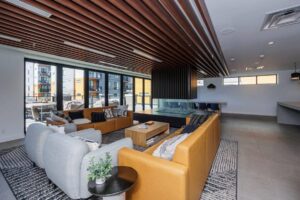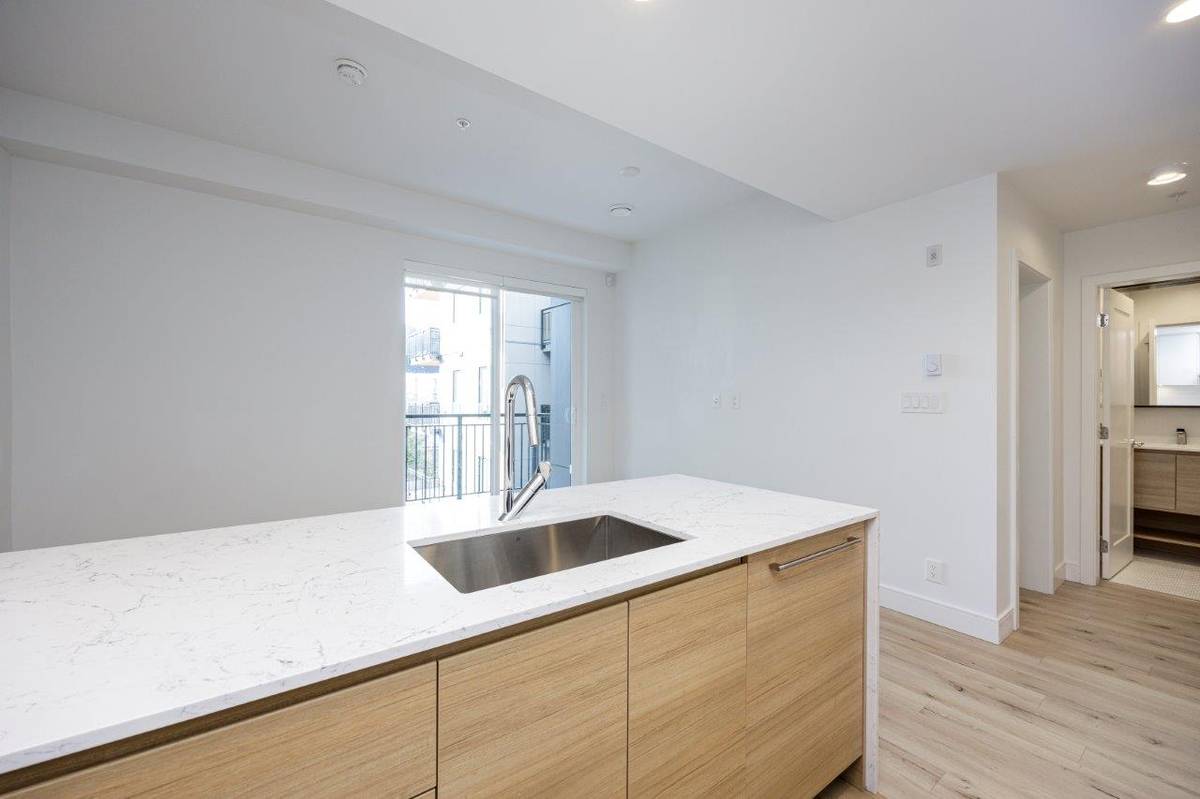
Managing Multi-Family Units
Managing multi-family units comes with unique challenges that go beyond what meets the eye. It’s not just about collecting rent or finding tenants; it’s a comprehensive role that requires attention to detail, maintenance schedules, regulations, and people skills. Let’s break down the different elements of this complex yet rewarding field.
Coordinating Maintenance Across Multi-Unit Property Management
Coordinating maintenance for multiple units within a single property can be a logistical puzzle. It’s not just about fixing what’s broken; it’s about timing. When coordinating repairs, it’s essential to schedule work in a way that minimizes disruption for residents. Emergency fixes take top priority, but routine maintenance needs planning, like HVAC servicing, plumbing checks, and elevator inspections. Grouping maintenance tasks together can be a smart way to save time and costs while ensuring tenants aren’t constantly disturbed by repairs.
Effective maintenance also involves proactive communication. Tenants appreciate knowing when services are scheduled, so it’s key to keep them in the loop. Utilizing digital platforms for reporting issues and updates can streamline the process. Tenants can report problems quickly, and maintenance teams can respond faster, which helps keep the property in top shape. This level of organization not only maintains the building but keeps tenants happier in the long run.

Ensuring Compliance with Building Codes and Safety Standards
Adhering to building codes and safety standards is more than a box-ticking exercise—it’s a serious responsibility. These codes vary widely depending on location, and keeping up with changing regulations can be tricky. Property managers stay updated on fire safety protocols, electrical regulations, and general structural standards. Neglecting these aspects could result in fines, legal issues, or even safety hazards for residents.
Routine inspections are critical. Regular audits help identify potential issues before they become legal headaches. For instance, smoke alarms, fire extinguishers, and emergency exits need regular checks to ensure they are in working order. Investing time in these safety measures not only prevents compliance problems but also protects the well-being of tenants, enhancing the reputation of the property.
Efficient Leasing Strategies for Apartment Complex Turnover
Leasing strategies play a vital role in the success of an apartment complex. High tenant turnover can be a management nightmare, but it’s often preventable. It starts with clear and attractive listings that highlight the property’s amenities, convenient location, and unique features. Marketing should be targeted and include virtual tours, professional photos, and detailed descriptions to draw in prospective tenants.
Renewal strategies are just as important. To retain tenants, consider offering incentives like rent discounts, updated appliances, or flexible lease terms. Open communication during the lease renewal process can also work wonders. Regular surveys and feedback sessions help identify tenant concerns before they decide to move out, keeping turnover rates low and occupancy rates high.
Managing Utility Systems for Optimal Building Performance
Managing utilities efficiently can be one of the more overlooked aspects of multi-family units. It’s not just about ensuring tenants have water, heat, and electricity. It’s about optimizing systems for cost-efficiency and environmental sustainability. Installing smart meters can help monitor usage patterns, which in turn can lead to cost savings by adjusting energy use during off-peak hours or identifying leaks early.
Improving building performance can also involve investing in energy-efficient appliances, solar panels, or improved insulation. These changes can lower utility costs over time and make the property more attractive to eco-conscious tenants. It’s a win-win: happier tenants and a greener bottom line for the property owner.
Addressing Tenant Conflicts with Professional Mediation Techniques
Conflicts among tenants are bound to happen, but how they’re handled can make or break a community. Tenant disputes can range from noise complaints to issues over shared spaces. While it’s tempting to let tenants resolve conflicts themselves, a proactive approach often prevents escalation. Introducing clear community guidelines from the start sets expectations and can reduce misunderstandings.
When conflicts do arise, professional mediation techniques can be a game-changer. Property managers stay neutral and encourage open dialogue, thus creating a safer space for conflict resolution. Having a structured process for complaints and mediation can help tenants feel heard and valued, ultimately leading to a more harmonious living environment.
Implementing Security Measures in Large-Scale Multi-Family Units
Security is a top priority in large-scale multi-family properties, but it goes beyond basic locks and alarms. A comprehensive security plan includes elements like surveillance cameras, controlled access systems, and well-lit common areas. Investing in security measures not only deters crime but also boosts tenant confidence in the safety of the property.
Equally important is emergency preparedness. Ensuring that tenants know emergency exit routes, how to report suspicious activities, and what to do during emergencies adds an extra layer of security. Regular safety drills and communication about security measures create a culture of safety, enhancing tenant trust and satisfaction.
Budgeting for Capital Improvements in Multi-Unit Property Management
Capital improvements are necessary for maintaining a property’s value and appeal, but budgeting for them can be daunting. It’s not just about having enough funds set aside—it’s about knowing when to invest and where. Whether it’s upgrading common areas, replacing old plumbing, or adding new amenities, strategic planning ensures that the investment will provide a return in the form of increased property value or tenant retention.
Regular property assessments can help identify areas that need improvement before they become bigger issues. Prioritizing capital improvements based on tenant feedback and long-term cost savings can make budgeting more manageable. For instance, upgrading to energy-efficient windows may seem costly initially but can save money on heating and cooling over time.
Adapting to Market Trends in Apartment Complex Upgrades and Renovations
Adapting to market trends is key to keeping an apartment complex competitive. Trends change, and so do tenant expectations. Today’s tenants might be looking for smart home features, fitness centers, or co-working spaces. Renovations that align with these trends can help attract and retain tenants, boosting overall property performance.
However, not all trends are worth chasing. It’s important to understand your target demographic before investing in trendy upgrades. For instance, while younger tenants may appreciate high-speed internet and smart locks, older tenants might prefer traditional amenities like ample storage or easy-to-access laundry facilities. Balancing trend adoption with tenant needs ensures that upgrades offer real value rather than just aesthetic appeal.
Discover Expert Multi-Unit Property Management with Pacific West Property Management: Your Partner for Seamless Operations and Happy Tenants
Managing a multi-family property requires more than just keeping the lights on; it takes a proactive approach, industry know-how, and a commitment to tenant satisfaction. At Pacific West Property Management, we specialize in simplifying the complex challenges of multi-unit property management, whether it’s an apartment complex or a larger building. We handle everything—from maintenance coordination to tenant retention, utility management, and even market-driven upgrades—so you can focus on growing your investment. Let us be your trusted partner in creating a safe, compliant, and thriving community. Ready to elevate your property management experience? Contact us today.
Tags: apartment complex, building, multi-unit property management
